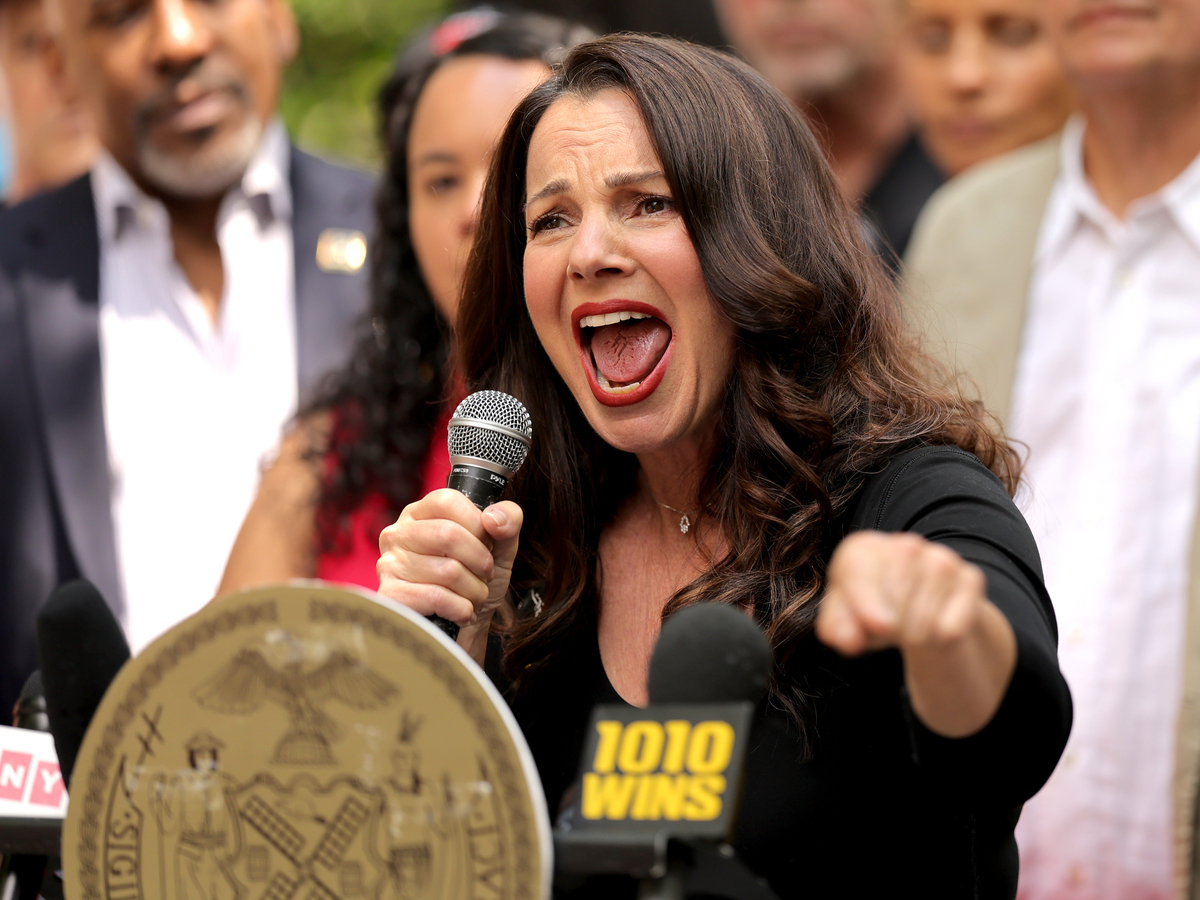
Fran Drescher speaks during a SAG-AFTRA & WGA rally in August in New York City. Actors and writers have been striking for months and are calling for better pay and protections against AI. Michael Loccisano/Getty Images hide caption

Fran Drescher speaks during a SAG-AFTRA & WGA rally in August in New York City. Actors and writers have been striking for months and are calling for better pay and protections against AI.
Michael Loccisano/Getty ImagesThe writers and actors strikes have been grinding on for months with no end in sight. Many on the picket lines are struggling to pay for basics.
NPR's Ailsa Chang talks to Fran Drescher about what it's going to take to end the strikes. Drescher's the president of SAG-AFTRA, which represents the actors on strike.
Email us at
This episode was produced by Jonaki Mehta, Vincent Acovino and Connor Donevan. It was edited by Rose Friedman and Adam Raney. Our executive producer is Sami Yenigun.

 Live Radio
Live Radio